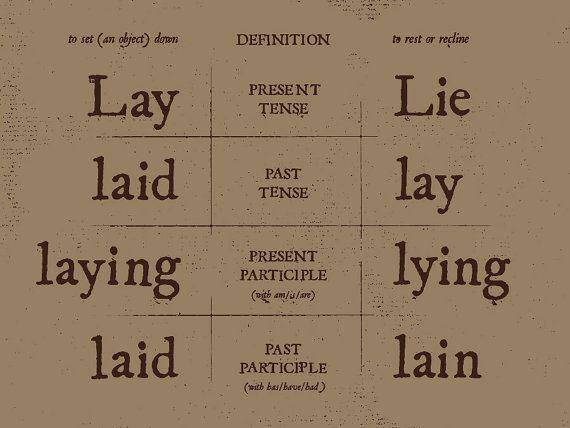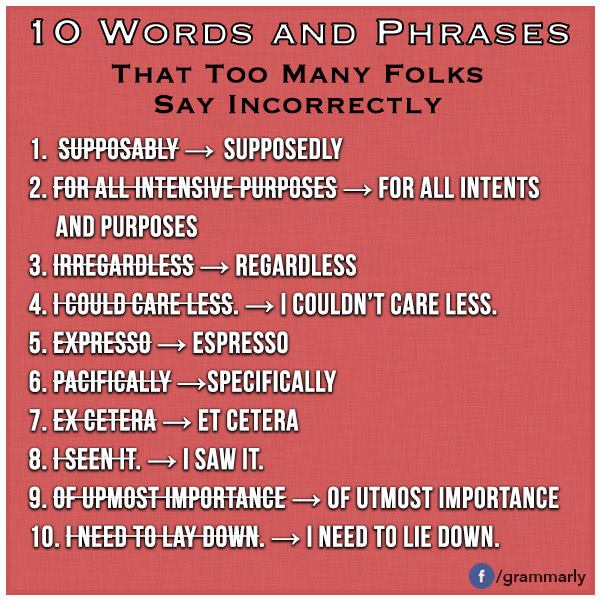Jun 16, 2015 | Tuesday Tips
My Tuesday Tips are usually examples of errors I find when editing or proofing work for others. Today’s tip is no different.
Eminent means standing above others in quality or position.
Imminent means about to happen or take place very soon.
The words sound so similar, but are very different. Hopefully this clears up any future confusion you might have.
May 12, 2015 | Tuesday Tips
People often confuse the words accept and except. Regardless of how similar they sound, their meanings couldn’t be more different.
To accept is a verb with several meanings: It can mean to hold something as true or right, to receive something willingly or to answer yes (oftentimes regarding invitations).
The word except is most commonly a preposition but it can also be used as a conjunction or a verb. As a preposition it means other than, apart from, not including, or excluding. The conjunction has several meanings, including only, for anything but, or unless. Very rarely it can be used as a verb meaning to exclude.
A fast and easy way to remember the difference would be Except = Exclude. The first two letters of except will remind you that it means exclude. *Thanks to Grammar-Monster.com for this “Hot Tip”.
Apr 21, 2015 | Tuesday Tips
Sometimes, a picture is worth a thousand words. I still look at this one more often than not.

Apr 14, 2015 | Tuesday Tips
Today we have one of those pairs that are often confused. It makes my teeth clench every time I see them used improperly.
Clinch is to fix or secure (as a nail or bolt) by bending down or flattening the end that protrudes. This definition gave rise to the now more common use of clinch—to settle definitely and conclusively. It’s now a very common sports term when a team or person secures a title or victory.
Clench means to close tightly, or to grasp or grip tightly. It’s also a noun referring to a tight grip or grasp.
This is also a great article comparing the two: http://depressioncookies.blogspot.com/2015/01/clench-vs-clinch-grammar-writing-tips.html
Mar 18, 2015 | Tuesday Tips

Mar 10, 2015 | Tuesday Tips
I see this common mistake often. Here’s a little bit of help to clear things up.
Sense is a verb meaning “feel” or a noun meaning “intelligence”. It can often refer to the five senses or the different forms of perception, reasoning, and understanding.
Since is most commonly an adverb often referencing time but can also be used as a preposition or as a conjunction. It is used to express something that occurred previously but whose effects continue to the present.



